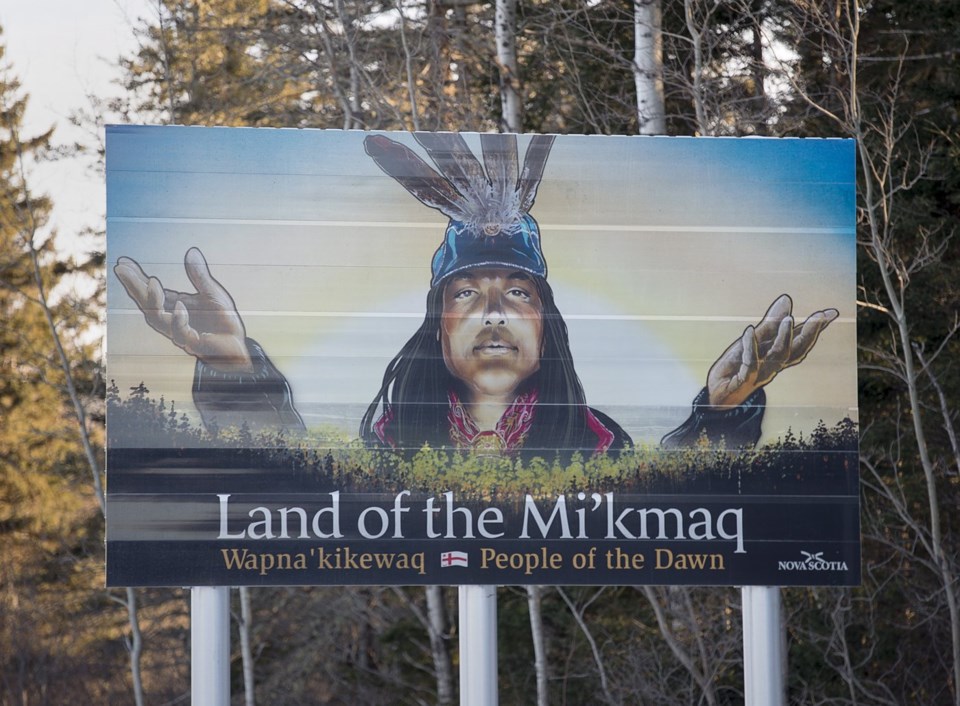The federal government says it is committed to working with Mi’kmaq First Nations in Nova Scotia to improve the income assistance program — though Ottawa has yet to provide details on the progress of negotiations.
The comments from Indigenous Services Canada and for Crown-Indigenous Relations and Northern Affairs Canada are in response to criticism that there is a gap of more than $25 million a year between what First Nations people on reserve receive from Ottawa and what they would get from Nova Scotia if they lived off reserve.
Ta’n Etli-tpi’tmk, a group that represents 12 of 13 Mi’kmaq First Nations in Nova Scotia, has said some people living on reserve who rely on income assistance from Ottawa are being kept in deep poverty because of the inadequate assistance.
A spokesperson for Indigenous Services Canada and for Crown-Indigenous Relations and Northern Affairs Canada said the federal government has been working closely with Maritime First Nations since 2016 to develop a "culturally responsive system" for delivering income assistance, but didn't provide details.
Anispiragas Piragasanathar said in an email Wednesday, the two departments "remain committed to working with the Ta’n Etli-tpi’tmk to ensure that the program is more responsive to the needs of the Income Assistance clients they represent."
Piragasanathar added that because the negotiations are confidential, he cannot offer further comment at this time.
He did not immediately respond to followup questions about what progress has been made with on-reserve income assistance since 2016, or if negotiations with Mi'kmaq First Nations have resumed.
Ta’n Etli-tpi’tmk said Tuesday the Mi'kmaq had been negotiating a self-governing agreement for social assistance with the governments of Canada and Nova Scotia between 2021 and 2024, then Ottawa halted negotiations in 2024 after the Mi'kmaq submitted a plan to negotiate a fiscal arrangement to deliver social assistance on reserve based on provincial levels.
The group said that on July 9 the Mi'kmaq passed a resolution requesting that Canada return to the negotiation table to finalize an agreement this fiscal year.
James Michael, a lead negotiator with Ta'n Etli-tpi'tmk, said in an interview Tuesday it's a serious issue that affects the health and well-being of people living on reserve.
"This is not about a handout, this is about enabling people to basically start to lift themselves out of deep poverty," Michael said.
Michael said the federal government offers rates as low as $13 a day for a single person, not enough to cover food or other basic necessities.
"There's community support, people helping out other people, and people stretching their dollar as far as it can go. But I don't know how people do it, to be honest," Michael said, adding that many end up forgoing healthy food because they cannot afford it.
Leroy Denny, chief of Eskasoni First Nation, said in a statement Tuesday, "our people are tired of the intergenerational trauma caused by an under-resourced federal income assistance program."
For people living off reserve, Nova Scotia offers basic income assistance rates starting at $644 a month for individuals who board, meaning they have a bedroom inside a home belonging to someone else. The payments rise to $726 a month for an individual who rents or owns a home, and who doesn't have dependants or isn't a student.
This report by The Canadian Press was first published July 30, 2025.
Lyndsay Armstrong, The Canadian Press



